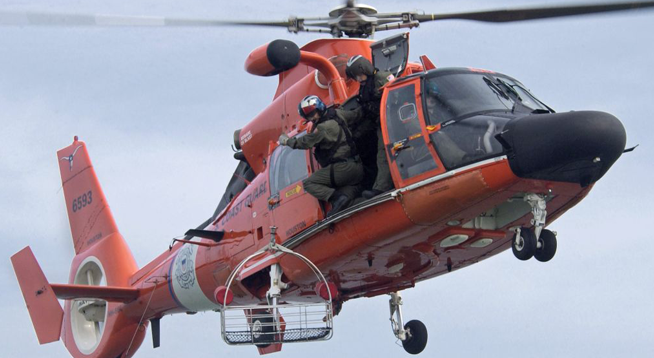 Photo: U.S. Coast Guard via Getty
Photo: U.S. Coast Guard via Getty
LANSING, October 20, 2021 ~ Tuesday, Senator Gary Peters announced that a new Coast Guard National Center of Expertise will be built in Michigan to study freshwater oil spills in order to improve emergency response times.
Michigan has the largest freshwater source in the world, and the Coast Guard center will be built to protect the supply in case of a spill.
“In saltwater, there are little microorganisms that actually break down and will eat oil, and so what they do is they spread the oil around thin and the microorganisms do their thing,” said Peters to 760 WJR’s Guy Gordon. “But in freshwater, those microorganisms don’t live. They don’t live in freshwater, so they don’t have that kind of healing power of nature so to speak. And so we have to get a better understanding of the interactions with freshwater, we have to have new techniques to clean up.”
October 20, 2021 ~ Senator Gary Peters talks with Guy Gordon about the new Coast Guard National Center of Expertise coming to Lake Superior State University.
“When I talked to the Coast Guard at another hearing, the Commandant of the Coast Guard, I asked him about his level of confidence — given the Coast Guard oversees these operations — his level of confidence in cleaning up a spill in the Great Lakes and he said ‘we are not prepared.’ He was very frank about that.”
According to the Senator, the center will be spread out between two sites in Michigan: the supervisor will be located at Lake Superior State University (LSSU) in Sault Ste. Marie, and the other will be at the Great Lakes Environmental Research Laboratory in Ann Arbor. The Ann Arbor location will be strictly for research, while all equipment will be stationed at LSSU.
The Center will focus on identifying gaps in current oil spill research, conduct research and development for response equipment, work with the academic and private sectors to standardize response training, and train first responders.
Following a 2017 hearing where the former commandant of the Coast Guard told Peters that the agency was not prepared for an oil spill in the Great Lakes — due to existing oil spill response technology only able to handle salt-water environments — Peters designated $4.5 million in federal funds to establish the center. Former President Donald Trump signed the legislation in 2018 after the establishing bill was passed.
The legislative language used by Peters required the center to be located at an institution that has aquatic research facilities and Great Lakes ecology expertise. The station also was directed to be near “critical” crude oil infrastructure “on and connecting the Great Lakes” such as underwater pipelines.





